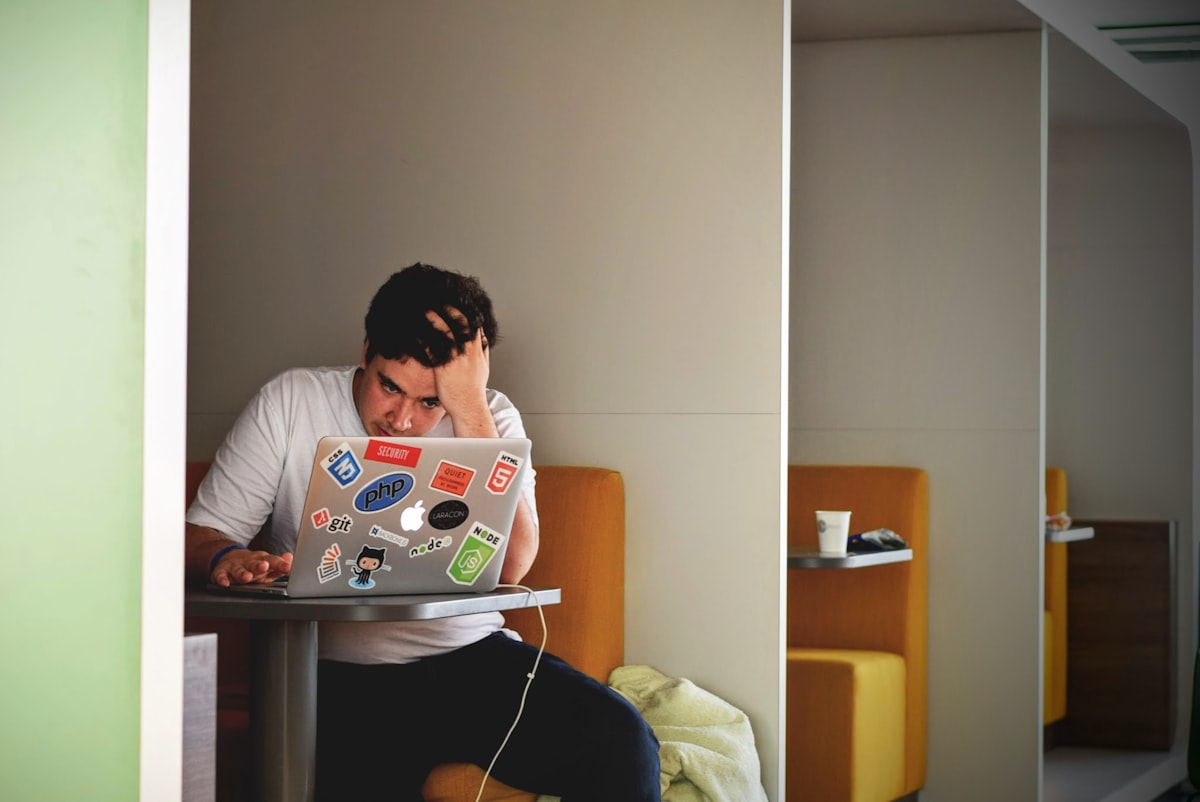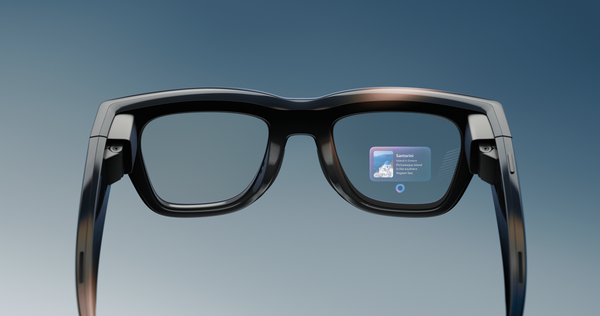Managing Anxiety As a Maker

Being a maker requires you to put yourself and your work in front of the world. You are required to share your passions, your goals, and more. You have to be ready to face negative feedback or even worse, deafening silence. Many of our projects are labours of love. They are representations of ourselves. It is no surprise that this can all lead to anxiety that deters your efforts.
Anxiety is rarely a reflection of the world around us. The maker community is very welcoming, but you can still have these nervous thoughts. Anxiety is usually driven by some deep fear we have. Unfortunately, it’s further exacerbated by our attachment to our projects.
It can lead to irrational thoughts that paralyse you when faced with decisions. It can talk you out of sharing your early work. Even if you’re aware these thoughts are irrational, it still feels true.
Dealing with this anxiety requires a lot of introspection. You need to learn what triggers your anxiety and what the underlying fears behind them are. Only then can you devise a plan to work through it.
Finding your triggers
Anxiety can hit you at any stage of the creative process.
Before building your idea: "No one will use it, so why build it?"
When you're ready to share: "It's not good enough, besides no one will care anyway."
These thoughts might be fleeting but they affect the way you perceive your project. To find what triggers these thoughts it’s important to record them and then find patterns.
A. Tracking Negative Thoughts: The easiest way to do this is to keep a journal describing the thoughts you have in anxious moments. After re-reading your notes, you’ll be able to see the logical flaws in your negative thinking. It allows you to dispel these negative thoughts when you're in a better headspace.
B. Finding Patterns: Once you spend some time re-reading your notes, patterns will become obvious. You'll be able to spot common events or actions that lead to each one. These are your triggers.
Identifying your fears
Once you know your triggers, it's easier to find the fears behind them. But it can be harder than you think to be honest with yourself. I've learned that my anxiety is largely due to imposter syndrome and a fear of failure. But as a generally confident person, it was hard to accept that might be the cause. Sometimes our preconceptions prevent us from seeing the truth in our own actions. The only way past that is being truly honest with yourself.
The past can also help you find the fears you have now. Failed projects in the past made me afraid of failure and less confident in my ideas. For a year I focused on small ideas that I thought I could easily find success with. These ideas took little effort to build and didn't attempt anything too ambitious. I didn't work on any ideas that truly excited me because I felt they were too risky.
I didn't understand why I refused larger projects until I reflected on my first project. When my first project, TapTag, failed it affected me more than I thought. It made me question my own ability to succeed with an ambitious idea. Did it fail because it didn't solve a problem or was it due to my own skills? Those thoughts unconsciously affected my next projects for an entire year. Once I became aware of my fear, I was able to begin working through it.
Getting better
1. Do it for yourself first: As a creative, it's important to know why you're creating in the first place. When your projects are for your own goals, it's easier to not be as concerned with what could go wrong. That’s because you get to define what's good and successful. With a clear focus on your goals, you might spend more time sharing than worrying about sharing.
2. Your Products Aren't You: It's an extension of yourself, but not a complete picture. You're more than any particular product and it's only a reflection of your knowledge at that time. You're capable of learning and getting better and so will your work. Don't beat yourself up for where you are now, focus on where it will take you.
3. We're all learning along the way: This is one of the benefits of the open startup movement. It allows beginners to see the journey others took and not just the happy endings. Too often we forget the failures and mistakes successful people had along the way. Many struggled with anxiety too. When you can see everyone once felt like an imposter, you can accept no one really is.
I've found the Maker community to be extremely welcoming to people of all backgrounds and skill levels. There's a huge variety of people willing to offer feedback and lend an ear. Being a maker can be lonely, but the community lets you see we all face common issues. Knowing you're not alone can greatly reduce your anxiety.
Dealing with anxiety is a long and stress-filled journey but it’s an important step to achieving your goals as a maker. Whatever your triggers and fears are, it's important to accept that it will take time to get better. Getting better isn't about getting rid of anxiety, it's about learning to get through it.
For further assistance on dealing with anxiety, you can try apps like Youper, an AI assistant for anxiety & depression. Meditation apps like Headspace and Calm can help you reduce stress and be more mindful. You can also find all the resources you might need to understand and deal with anxiety at the Anxiety & Depression Association of America.




